In today’s blog post, Dr Michelle Heward, explores how the fantastic work of the Ageing & Dementia Research Centre has adapted to enable community engagement during the pandemic. Our older population, especially those who are extremely clinically vulnerable, have risked not being able to participate in shaping our future research owing to the restrictions in place over the last year. This engagement aspect is so important for ensuring research benefits society, and offers the bonus of social interaction for those who are having to isolate! Here Michelle explains how it is done:
“The COVID-19 pandemic has had a detrimental impact on face-to-face interaction. To meet UK Government guidance and stop the spread of the virus, we have been unable to meet up with family, friends, and colleagues in the ways that we are used to. For older people, people with dementia and family carers, this has exacerbated many existing difficulties and problems they face, whilst also further intrenching feelings of loneliness and isolation. Technology has been a saviour for many and has proved invaluable in connecting people with their loved ones. The team from the Ageing and Dementia Research Centre (ADRC) have overcome the barriers by using digital approaches to continue our engagement and expand our networks with members of the public, service users and carers. We have achieved this by developing a new series of monthly virtual ‘coffee mornings’ hosted on ZOOM.
We have designed each coffee morning to have a different theme/topic that may be pitching new ideas for research or sharing new findings. The group are invited to share their ideas, thoughts and ask questions. Ensuring that older people, people with dementia and family carers remain at the heart of our research activities has been central to the coffee mornings. The sessions have been well attended and the group have really engaged with the research topics and attendees are starting to get to know one another socially – many are returning each month which is fantastic!
So far, the group have contributed to discussions about nutrition with Prof Jane Murphy and wayfinding with Prof Jan Wiener. In the next session they will discuss nursing training in response to COVID-19 with Dr Michele Board. The discussion and questions raised have offered ‘food for thought’ for the presenters and will no doubt help us to shape future study ideas and generate new ideas for research. In fact, one of the key challenges has been keeping within the allocated time for the session as there has been so much discussion!
The sessions are facilitated by Dr Michelle Heward (Post-Doctoral Research Fellow and ADRC Service User and Carer Involvement Lead) and Caroline Jones (ADRC Administrator). On reflection it has been beneficial to have two facilitators; one to lead the session and the other to be on hand to help with IT issues and check the chat messages. We also offer support for people who have had little or no experience of using ZOOM beforehand to make sure they are comfortable using the technology and its functions prior to attending a session.
We acknowledge that the idea for the virtual coffee morning was drawn through our collaborative working with the Wessex Public Involvement Network (PIN), who shared their successes and experiences of developing a similar engagement model with us. This work has also been undertaken in consultation with BU Public Involvement in Education and Research partnership to ensure we are following current policy/procedures.
Although we recognise that not everyone is able to access the internet from home, we will continue to offer these sessions for the foreseeable future as they provide an alternative to those who may find it more difficult to travel or take part in our existing face- to-face approaches. Anyone interested in presenting their ideas or research in ageing or dementia that might be of interest to the group please contact Michelle to discuss.”
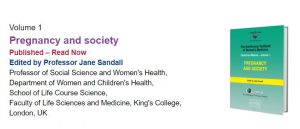
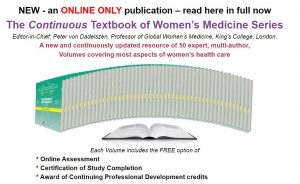
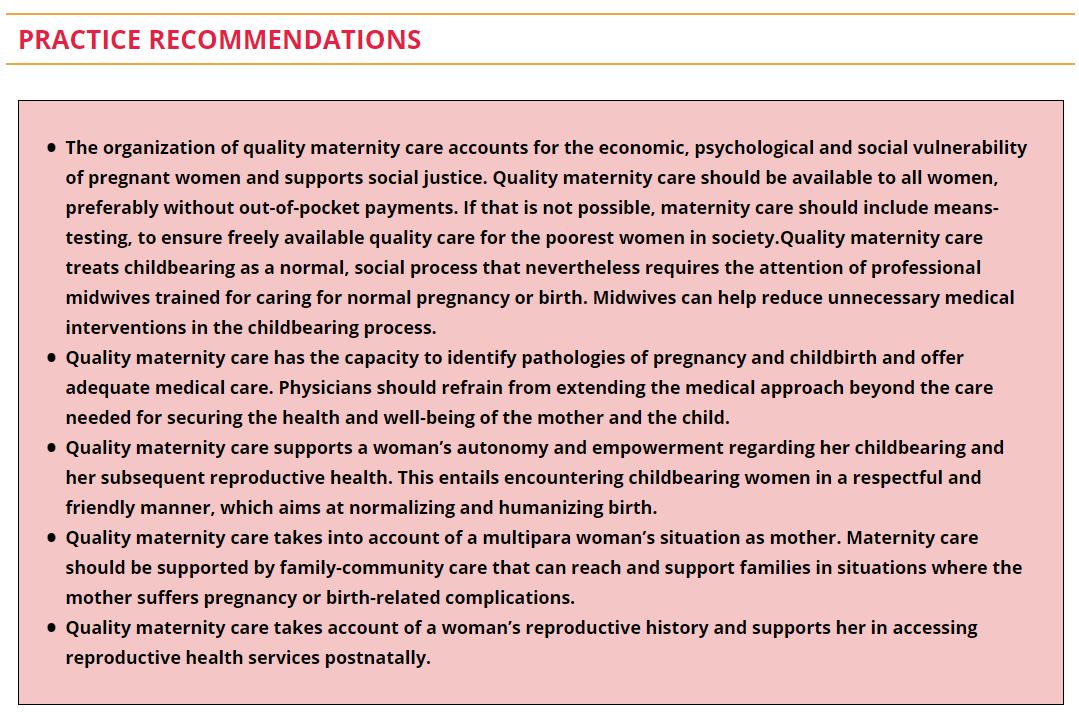
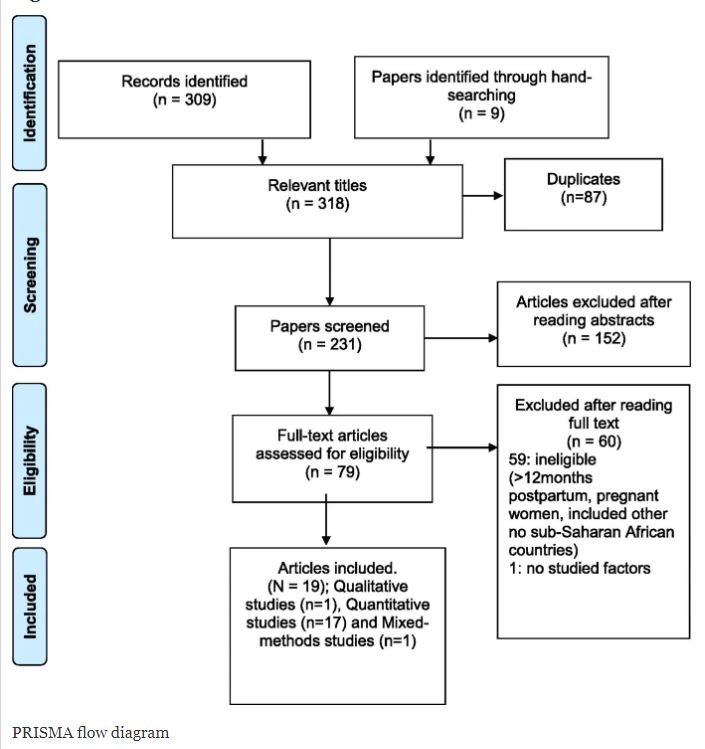
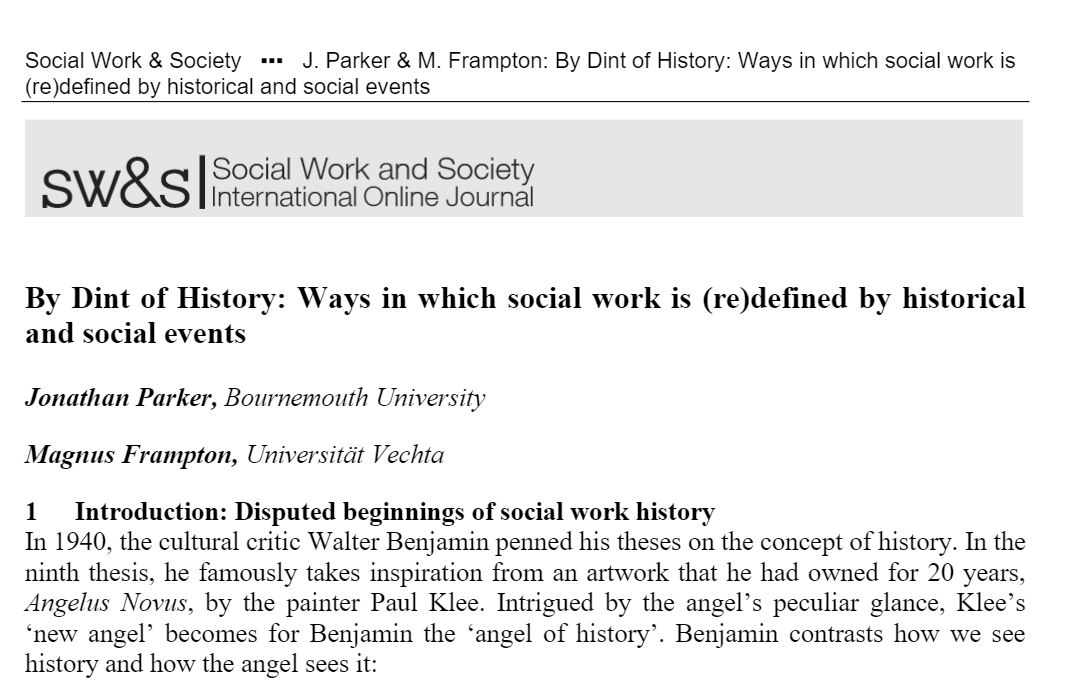
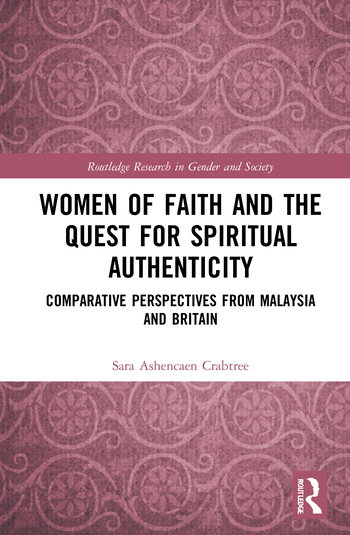
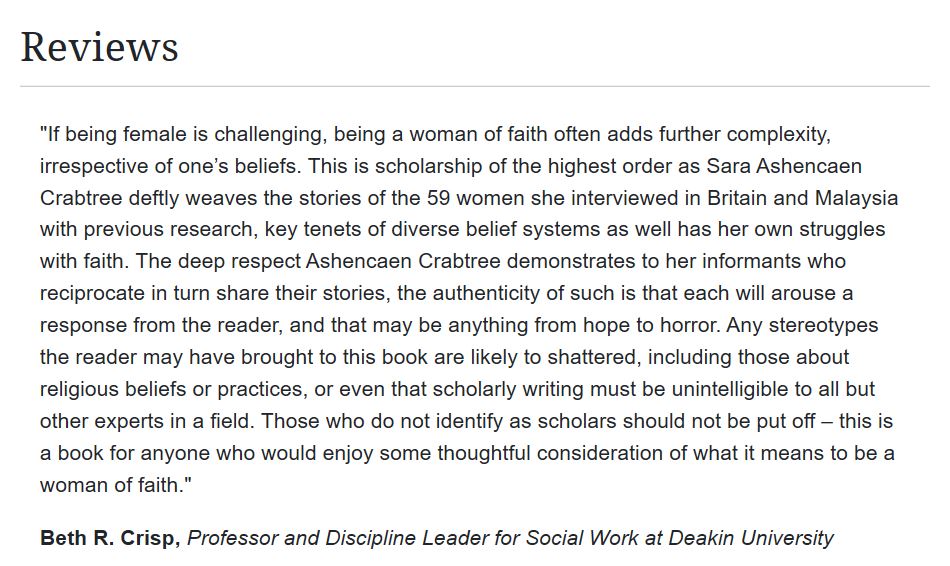
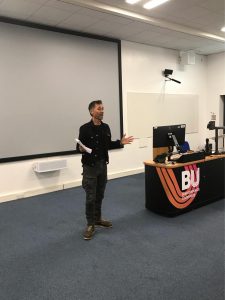
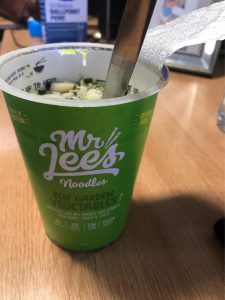
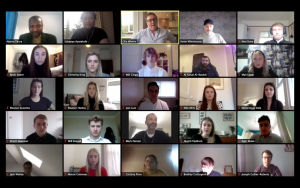
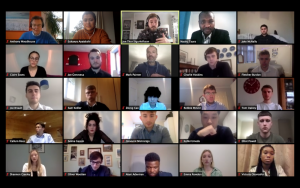
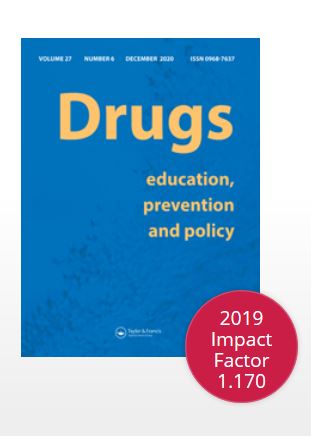
 Thursday 21st January 4pm – 6pm
Thursday 21st January 4pm – 6pm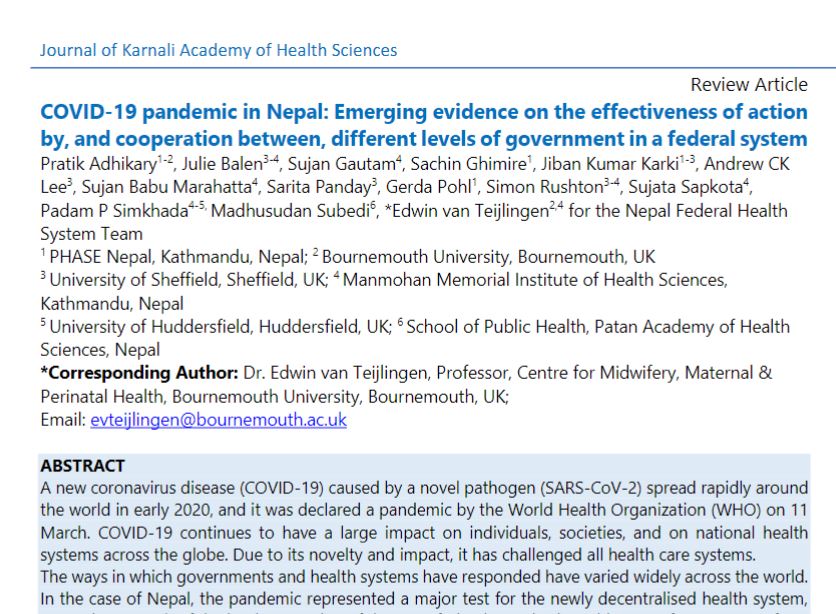
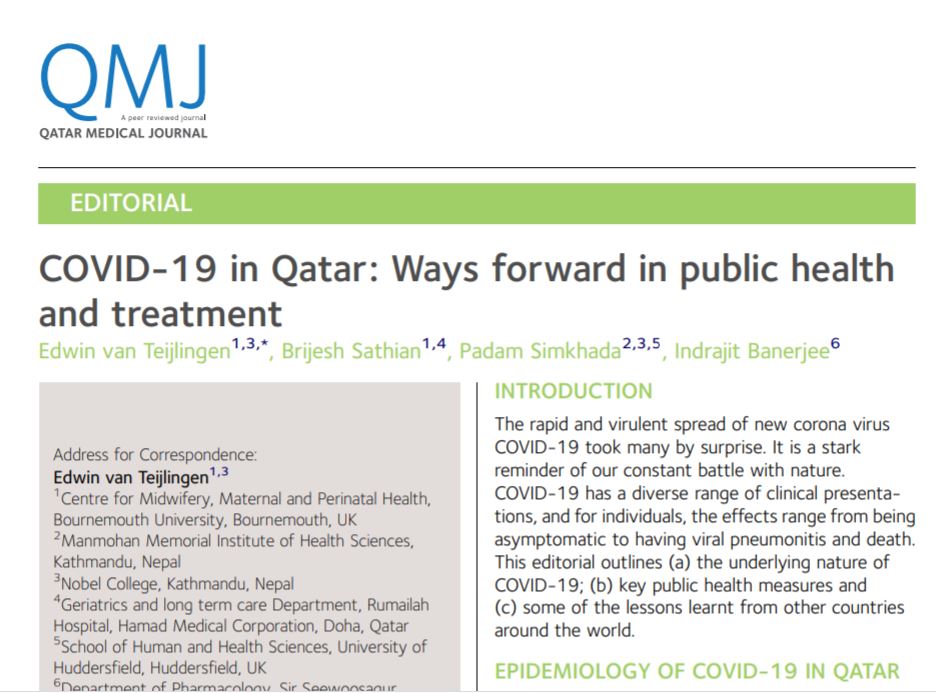
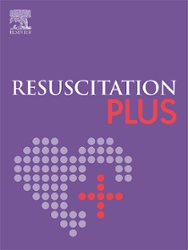
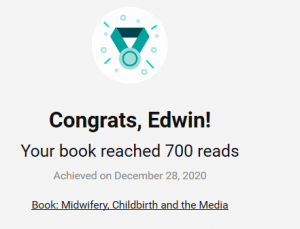

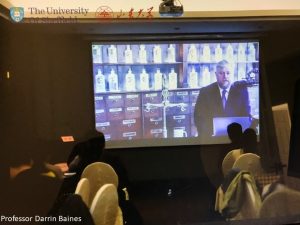 A masterclass was held at Shandong University on 17 and 18 November 2020, overseen by the British Council, with the aim of creating measurable benefits for Chinese patients and the economy by generating new health economics expertise.
A masterclass was held at Shandong University on 17 and 18 November 2020, overseen by the British Council, with the aim of creating measurable benefits for Chinese patients and the economy by generating new health economics expertise.
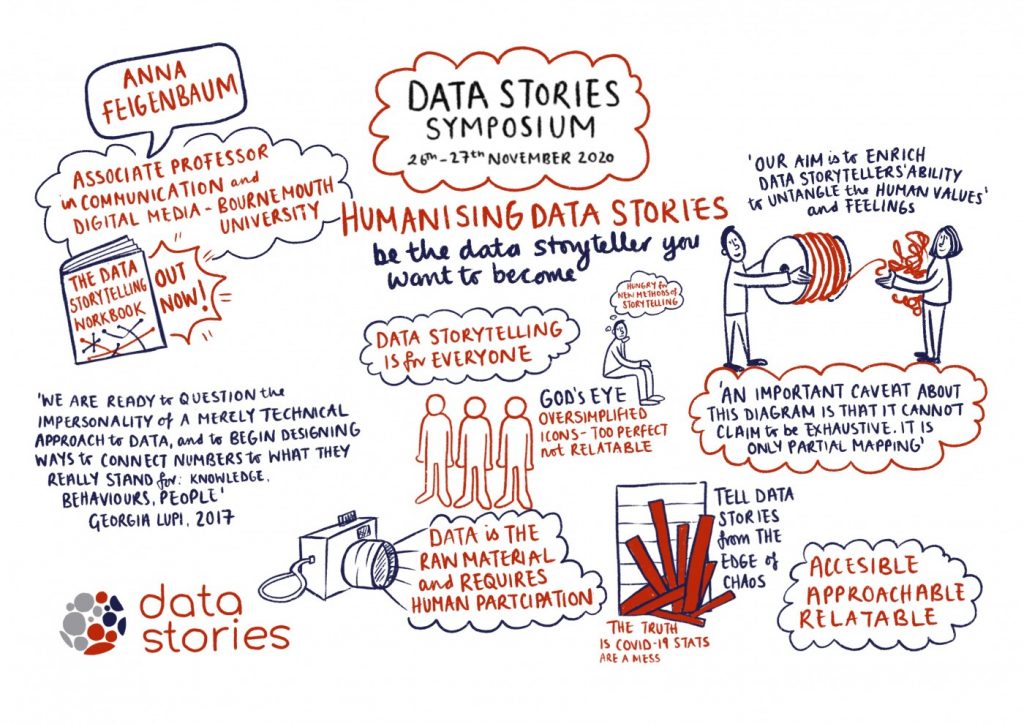
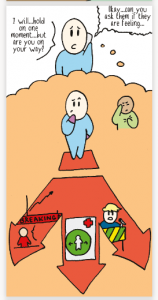
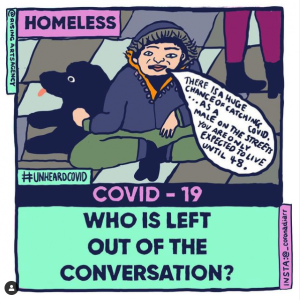
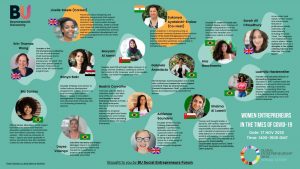
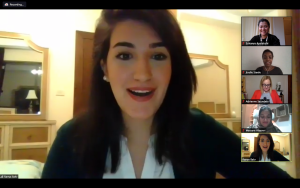
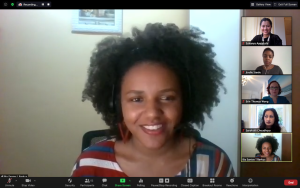

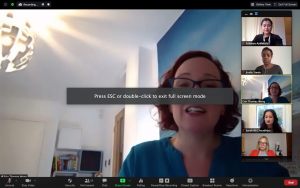
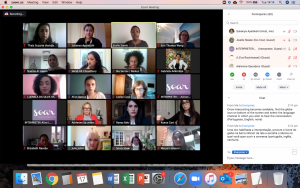
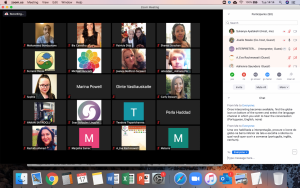
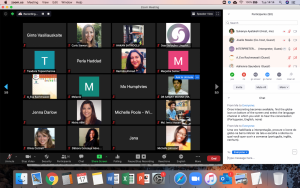
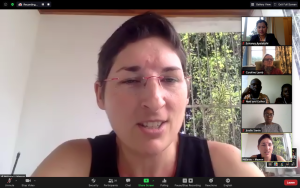
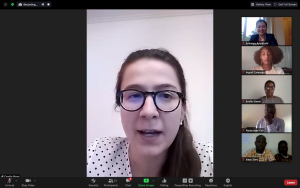
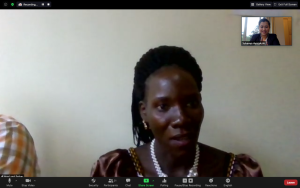
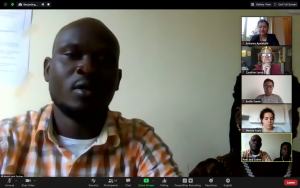
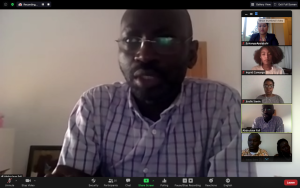
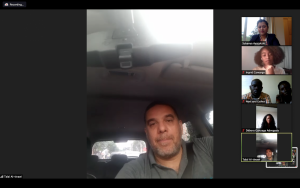

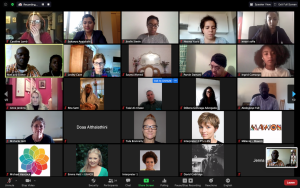
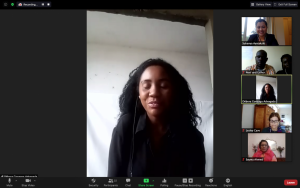
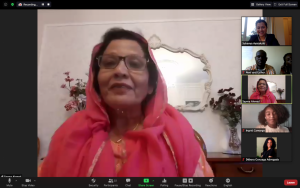
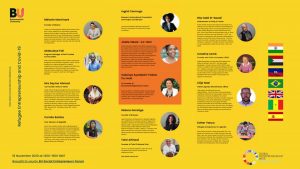
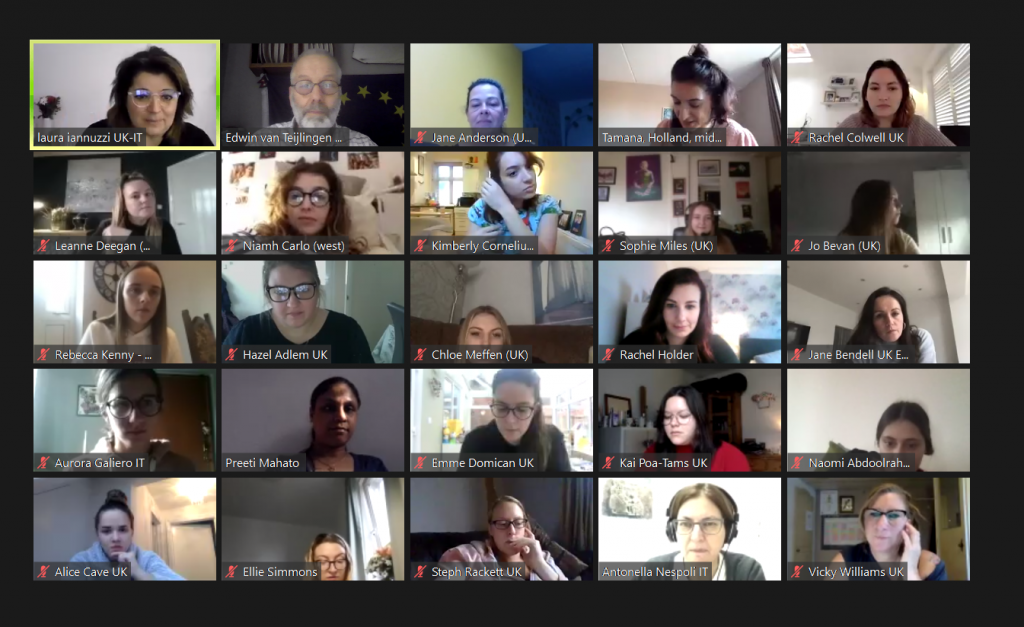
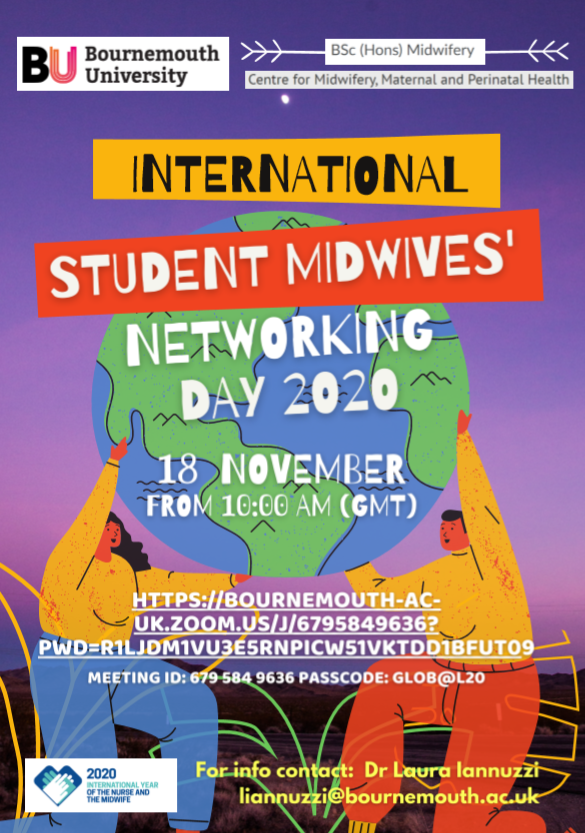











 New weight change BU paper
New weight change BU paper One week to go! | The 16th Annual Postgraduate Research Conference
One week to go! | The 16th Annual Postgraduate Research Conference Geography and Environmental Studies academics – would you like to get more involved in preparing our next REF submission?
Geography and Environmental Studies academics – would you like to get more involved in preparing our next REF submission? Congratulations to three former BU staff
Congratulations to three former BU staff MSCA Staff Exchanges 2024 Call – internal deadline
MSCA Staff Exchanges 2024 Call – internal deadline Applications are now open for 2025 ESRC Postdoctoral Fellowships!
Applications are now open for 2025 ESRC Postdoctoral Fellowships! Horizon Europe – ERC CoG and MSCA SE webinars
Horizon Europe – ERC CoG and MSCA SE webinars MaGMap: Mass Grave Mapping
MaGMap: Mass Grave Mapping ERC grants – series of webinars
ERC grants – series of webinars